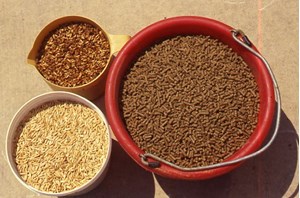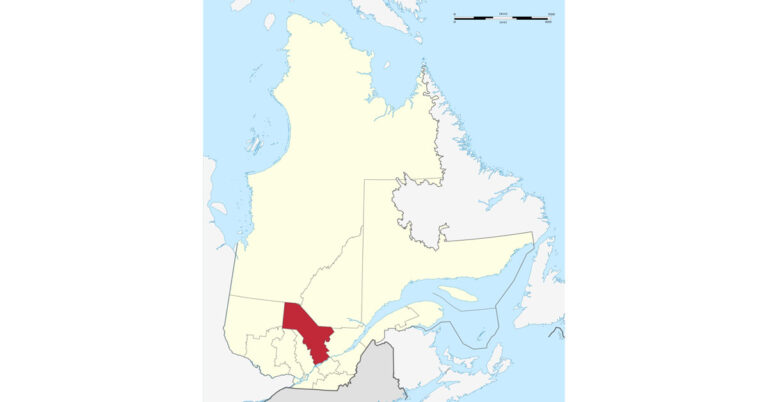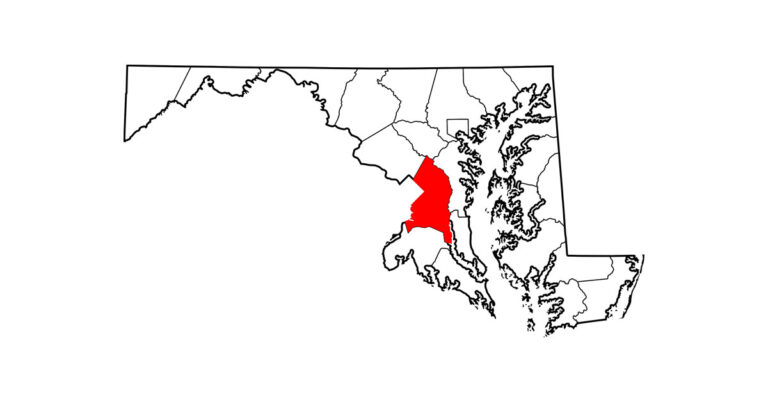Taking care of your horse as he ages means making management changes that reflect his current needs. So when is it time to switch to a senior feed? That depends on many factors. As a general rule, senior feeds usually become appropriate for horses when they reach the age of 15. That said, however, it’s possible that a much younger horse with digestive and nutritional challenges will benefit from senior feed. It’s also possible that a horse can coast into his 20s without needing a specialized feed. Horses, like people, show the effects of age at different rates, so here are few questions to ask to help you determine when it might be time to switch your horse to a senior feed:

How are his teeth? Aging horses often have worn down or missing teeth, making chewing more difficult and less efficient. Younger horses with unusual dental issues can face the same challenges. Senior feeds are typically processed to make them easier to chew, and a “complete” senior feed can take the place of hay if a horse is unable to eat his daily roughage in flake form anymore.
How is his digestion? Take a closer look at your horse’s manure. If you see forage pieces of more than an inch long, your horse may not be digesting his feed efficiently. This is a normal development in an aging gastrointestinal system, but one that is easily addressed with a senior feed formulated for easier digestion.
How is his “fuel efficiency?” A horse who is no longer maintaining his weight or energy levels on his usual feed may be ready for a senior formulation. Even before weight loss is apparent, a horse may lose his “bloom” if he is no longer able to utilize his current ration efficiently. Loss of body condition can be due to many factors, however, so you’ll want to call your veterinarian to rule out illness or other problems before deciding to try a new feed.
This article first appeared in EQUUS issue #439.










